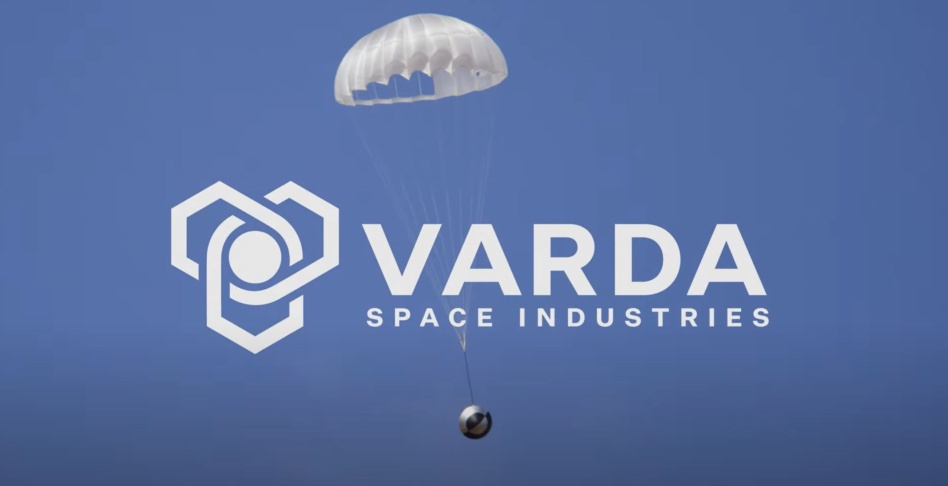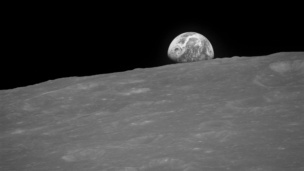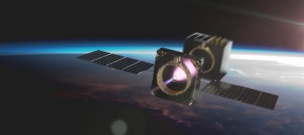It’s a bird, it’s a plane…it’s a falling re-entry capsule!
Varda Space Industries has successfully demonstrated the descent and landing capability of the re-entry capsule for its first microgravity factory test mission. The Varda team dropped the capsule out of an airplane over the Arizona desert to prep for its first mission, set to launch on Transporter-8 next year.
“This was our first major vehicle system test,” Varda cofounder and CEO Will Bruey told Payload. “I don’t really want to give the team a big ego, so I’ll downplay it and say that they absolutely crushed it.”
All about Varda
The El Segundo, CA-based startup was founded 18 months ago with a vision for microgravity manufacturing. Rather than replicating Earthly manufacturing processes in orbit, Varda’s value proposition is to utilize the microgravity environment to build things—like certain pharmaceuticals and bioprinted products—that can’t be fabricated in gravity.
The company has raised more than $50M in VC funding to date to build its microgravity factories. These factories are integrated onto Rocket Lab’s Photon satellite platform, and consist of the microgravity production environment and a re-entry capsule for shuttling finished products back down to Earth.
Bruey believes that once Varda can manufacture its first products in space, it’ll kick off the flywheel for lowering the cost of manufacturing in orbit, making it economically feasible to build new types of things in space. “You get this positive feedback loop where the number of products that we can make just continuously increases and the cost of doing so continuously decreases,” Bruey said.
The drop test
The Varda team made the choice to test the full vehicle rather than just the pieces necessary to test the parachute and landing procedures.
That choice meant that the team could gather a lot of data about the actual flight design—a major pro. “The cons, of course, are that if it doesn’t work, then you spent a lot of work figuring out that it just doesn’t work, and you get a little splat situation on the desert floor,” said Bruey. “It was Varda’s first must-work experience.”
The team dropped the capsule from an airplane at an altitude of ~13,000 feet above sea level. In freefall, the capsule reached terminal velocity at ~120 mph, and then deployed its parachutes at ~3,500 feet above sea level. The capsule survived the fall with no structural damage and was successfully retrieved by the team.
The markers of success
Varda’s first microgravity factory is slated for launch aboard Transporter-8 in early 2023. “Our mission success criteria for this first mission is simply to get the capsule back,” Bruey said.
There’s a stretch goal too, though. The Varda team is building a payload that could test microgravity manufacturing on that first mission as well as re-entry. “The trains always leave on time,” Bruey said. “If the payload’s not ready for the first mission, it’ll just get on the second one.”





